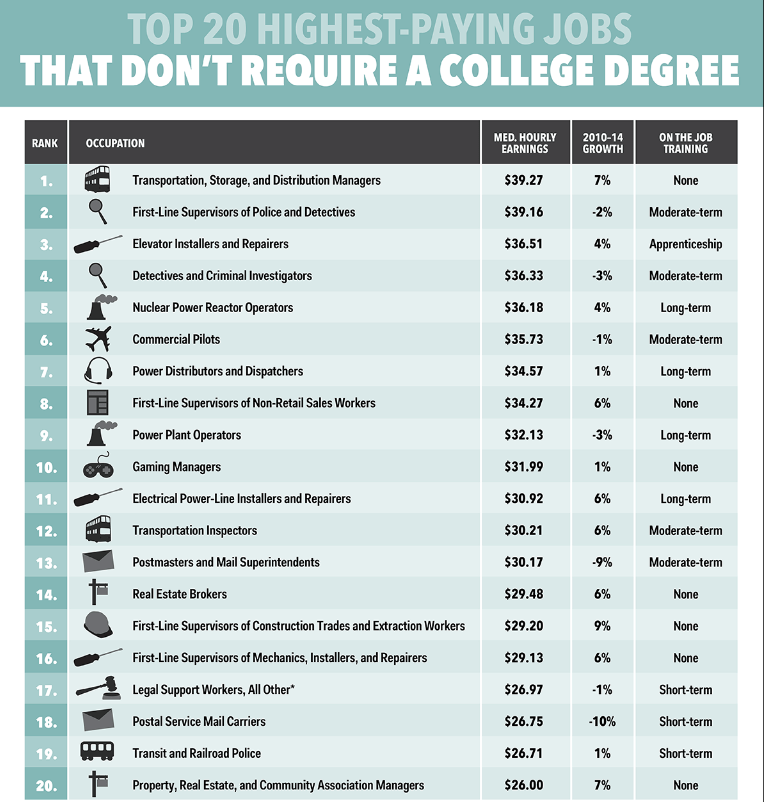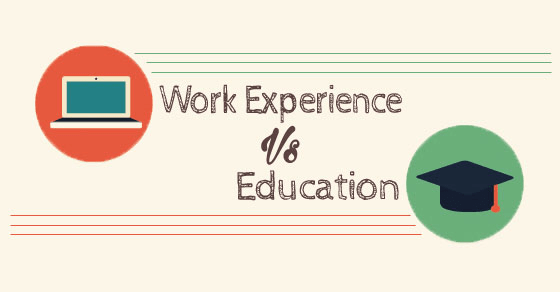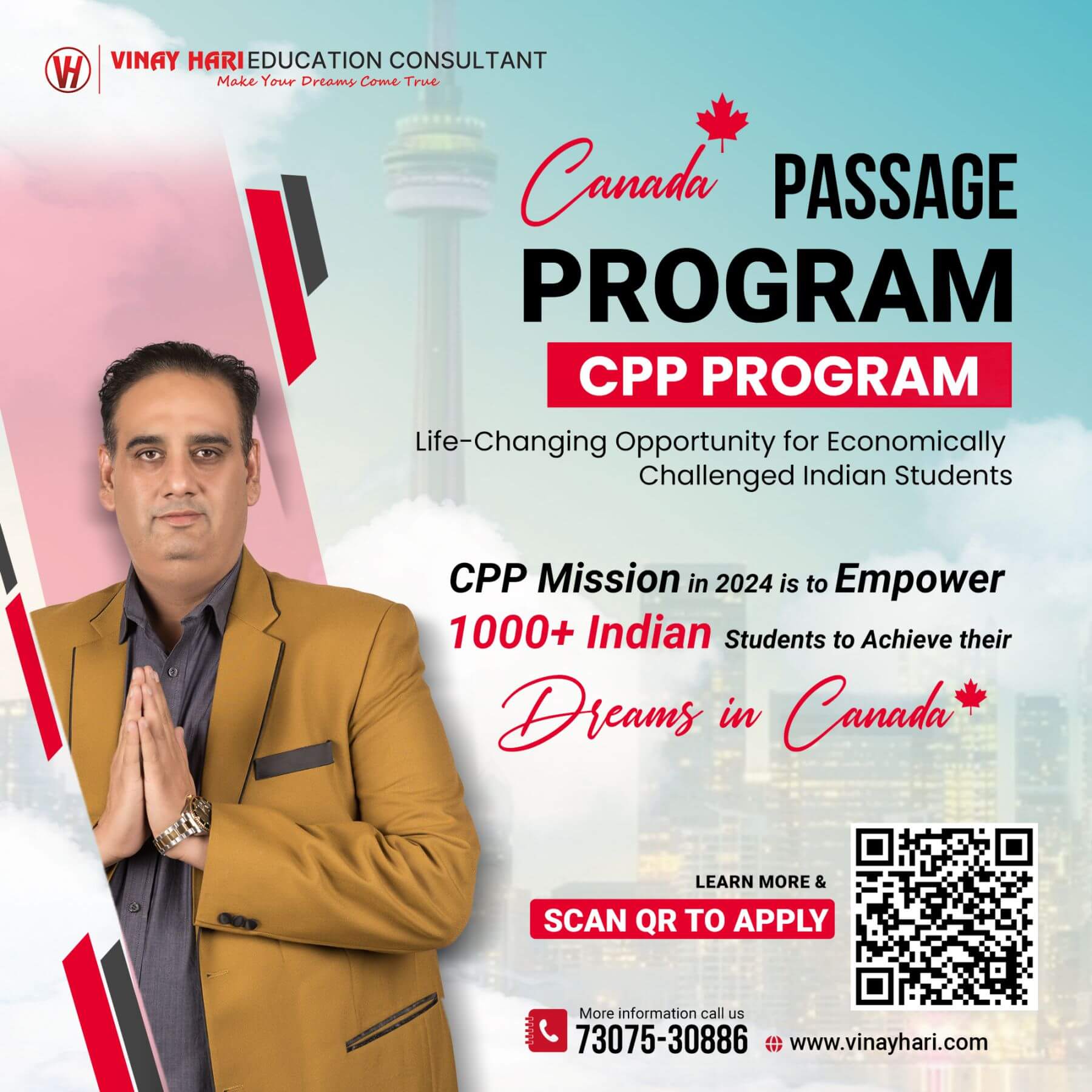Table of Contents
The Power of Hustle and Real-World Learning
In a world brimming with opportunities and ever-evolving challenges, the age-old debate between education and experience has found renewed vigor. Like two protagonists vying for the spotlight on a grand stage, these forces shape the trajectories of individuals’ lives, careers, and aspirations. But picture this: a riveting scene unfolds before our eyes, captured on video. On one side, a man armed with a bow and arrow, his brow furrowed in concentration, meticulously calculates the angle, the force, and the trajectory, drawing upon his mastery of trigonometry. On the other side, an experienced archer, a wry smile playing on his lips, simply lets intuition guide his movements. Both arrows are released, both find their mark—hitting the bullseye with remarkable precision. Yet, as the dust settles, it’s the arrow of experience that emerges victorious, piercing not only the target but also the heart of the debate. In this realm where the quest for excellence fuels relentless competition, the question resounds: What is better—education or experience? Is the classroom’s hallowed ground where knowledge is imparted and dreams nurtured, or does the battlefield of real-world challenges offer a more potent elixir of success? The dichotomy between these two pillars of growth has spurred conversations, inspired impassioned debates, and, most importantly, propelled us to reevaluate the very essence of education.
Join us on a journey—a journey that transcends the confines of textbooks and embraces the exhilarating realities of life’s lessons. We delve into stories of individuals who, armed with audacity and an unwavering spirit, rewrote the script of their lives. Through the lens of their experiences, we’ll challenge preconceived notions, debunk myths, and forge a new understanding of the dynamics between education and experience. The stage is set, the spotlight is yours—let’s unravel the enigma of education versus experience.
What the majority think about education
Let’s start in the favour of this education side, not being biased to it but talking about the Indian mindset of parents who always want their son to pop up as a doctor or an engineer or maybe even IAS officer after cracking UPSC. It’s where aspirations are as diverse as the myriad cultures that shape this nation, the reverence for education runs deep. From the humble lanes of rural villages to the towering skyscrapers of metropolitan cities, the dream of raising a doctor or an engineer is etched into the very essence of parenting. It’s a sentiment that springs from a place of earnest desire—an aspiration to provide the best opportunities for their children’s future. Within these conditions set and the expectation you are expected to match , the corridors of educational institutions are adorned with the hopes and dreams of generations. The prevailing narrative extols the virtues of formal education as the definitive route to success. Marks on an exam sheet are often perceived as a reflection of not just academic prowess but also an individual’s potential to carve out a luminous path ahead The heart of the matter lies in acknowledging what does one really want to achieve and end up at. While some fields undeniably necessitate structured education—an intricate surgery or the construction of complex infrastructures—many other endeavors thrive on a different set of paths. Entrepreneurs who innovate, artists who evoke emotion, and inventors who reshape industries—they’re exemplars of the fact that formal education isn’t the sole gateway to success.
Comparison of both perspectives and how experience leads in situations

After oppotunies in all jobs mentioned above, a few still go for education when they are unsure when they really want to instead of gaining knowledge from any source and simplying upskilling themselves in any certain way. In a society where tradition and progress coalesce, where dreams often intertwine with familial expectations, it’s crucial to appreciate the tapestry of choices before us. As we embark on this exploration of education versus experience, let us not discount the power of education, but let us also celebrate the individuals who forge ahead, propelled by a unique blend of tenacity, ambition, and experience. In the intricate mosaic of Indian history, a compelling narrative emerges—one that challenges the entrenched perceptions of education’s role in shaping destiny. While the Indian mindset reveres formal education as an unequivocal path to success, the annals of time paint a different picture. Here, we delve into the fascinating duality of self-taught success stories, where experience trumps traditional learning. Take, for instance, the case of Dr. Manmohan Singh, a man of academic prowess who held numerous degrees from eminent institutions. His impressive qualifications earmarked him as a prime example of educational excellence. However, his stint as Prime Minister, despite being marked by economic reforms, grappled with criticism of inefficiency and sluggish progress. Now, contrast this with the meteoric rise of Narendra Modi. Hailing from modest origins, Modi’s academic journey was far from illustrious, devoid of extravagant degrees. Yet, armed with the zeal to transform and years of grassroots political struggle, he soared to the Prime Minister’s office. Under his leadership, India witnessed infrastructural development, financial inclusion, and global prominence. This dichotomy resonates beyond the realm of politics. Consider the triumphant stories of entrepreneurs like Dhirubhai Ambani, who disrupted industries without conforming to academic norms. Reflect on the innovation-driven enterprises like Flipkart, nurtured by young minds fueled by ambition and real-world problem-solving.These narratives challenge the status quo, raising questions about the true markers of success. The self-taught trailblazers illuminate a path less traveled, one that underscores the importance of experience and relentless determination. The story of education versus experience finds its essence here, a testament that innovation often emerges from uncharted territories. In an era when the Indian mindset inclines towards traditional paths, these stories dare to diverge. They mirror the spirit of countless Indians who carve their destinies, guided not solely by classroom teachings, but by the fire within and the lessons of life itself. As we navigate this terrain, it’s not a rejection of education, but a testament to the power of experience that paves the way for transformation. The heart of the matter lies in acknowledging what does one really want to achieve and end up at. While some fields undeniably necessitate structured education—an intricate surgery or the construction of complex infrastructures—many other endeavors thrive on a different set of paths. Entrepreneurs who innovate, artists who evoke emotion, and inventors who reshape industries—they’re exemplars of the fact that formal education isn’t the sole gateway to success.
World leaders regarding this topic
Elon Musk, the maverick entrepreneur, boldly asserts that a high school diploma and a traditional college degree are not prerequisites for achieving greatness. This assertion, although provocative, embodies a seismic shift in the paradigm of what defines success. Elon Musk’s words reverberate like a clarion call, inviting us to reconsider the very essence of education. In a world brimming with technological marvels and an evolving global landscape, the pursuit of knowledge must extend beyond the hallowed halls of academia. The dichotomy between skills and degrees has never been more palpable—employers increasingly value practical expertise and the ability to adapt over the confines of a transcript. n a nation where the Indian mindset has long been entrenched in the pursuit of degrees as a symbol of social mobility, this disruption might seem jarring. Yet, the tales of self-made entrepreneurs, artists, and pioneers lay bare a truth that cannot be ignored: the arsenal of skills—honed through experience, learning, and a perpetual thirst for knowledge—can often outshine even the most illustrious degrees. The journey we’ve embarked upon through the landscapes of education versus experience has illuminated a stark reality: academic brilliance does not always guarantee a smooth passage to success. A stellar score on an exam doesn’t necessarily translate to real-world mastery or the ability to solve problems with finesse. The meritocracy that society often extols can cast a shadow on the talents of those who don’t conform to the conventional mold.
Picture this: a student who scores a staggering 99.5% in their 12th-grade examinations—a feat that garners awe and admiration. Yet, this astronomical achievement doesn’t offer a guarantee of a secure future, nor does it assure the application of theoretical knowledge in practical scenarios. It’s a bitter truth that even the apex of educational attainment doesn’t shield against the uncertainties of life’s ever-shifting currents.
Now consider an alternative—the path of experience, the pursuit of skills honed through trials, failures, and relentless effort.
In a world where reinvention and adaptation are the currencies of success, investing in oneself becomes paramount. The age-old adage, “Youth is wasted on the young,” resonates with a profound wisdom. The years before the age of 25 are a canvas primed for transformation, a space to embark on the journey of constant upscaling, of trying, failing, and trying again.
The canvas of life awaits, and as the final rays of the sun fade into twilight, the promise of what can be achieved through experience beckons. The time is now—embrace it, for once the sun sets, it rises anew, but the sands of time continue their unrelenting flow. The journey to success begins not solely within the walls of a classroom but within the corridors of your own experience.



